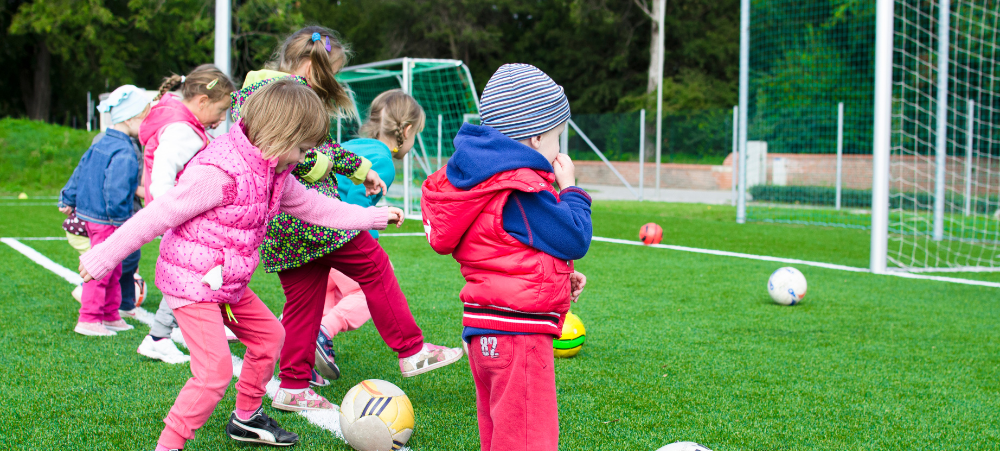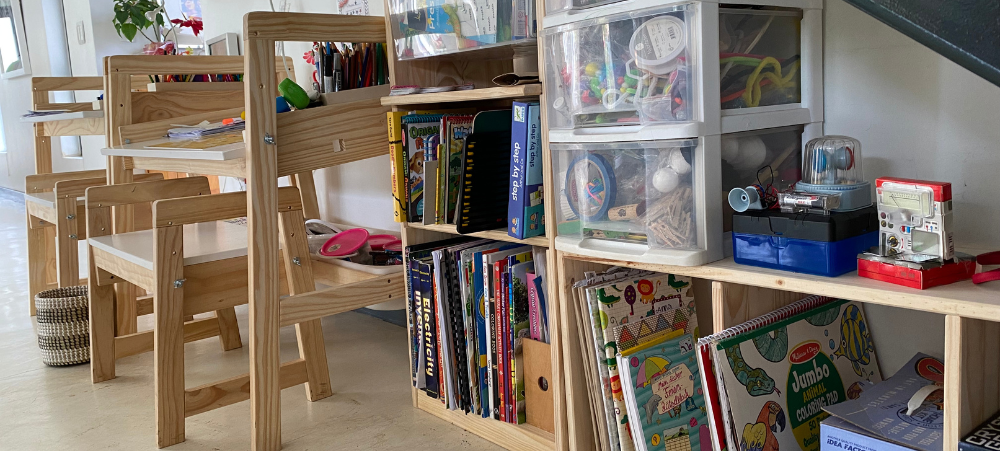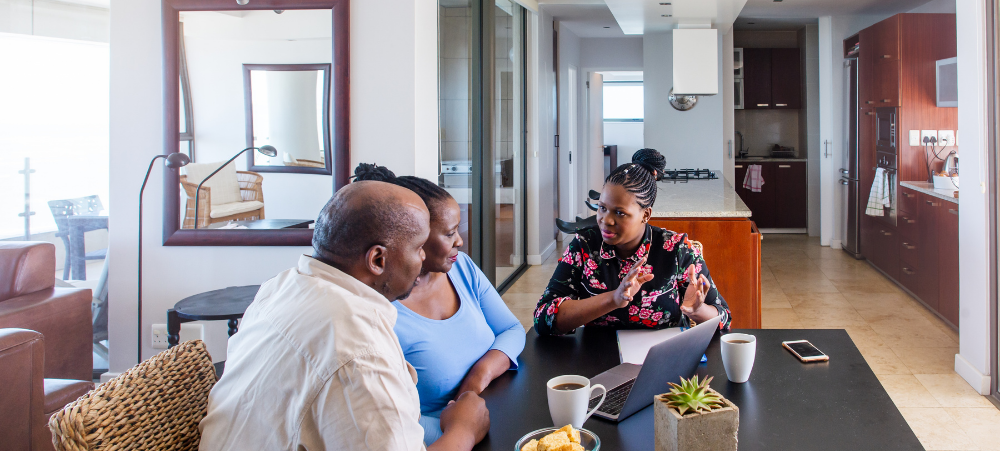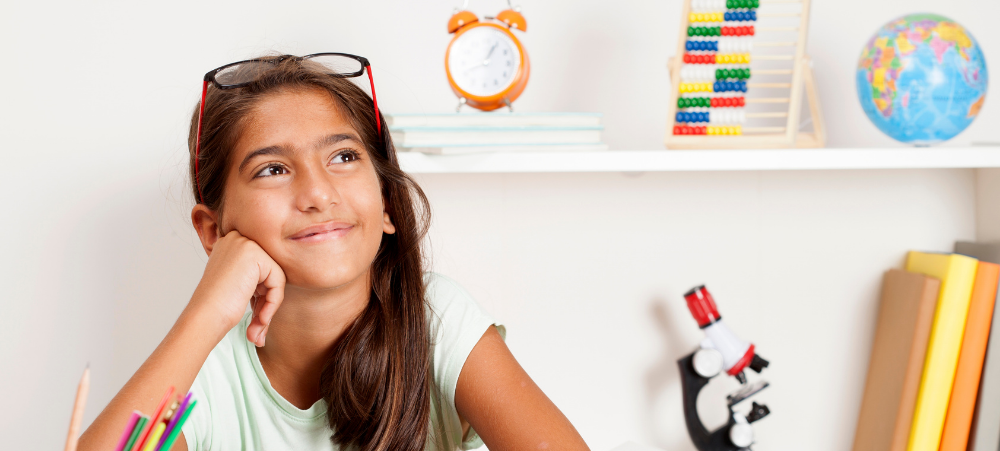
HOW TO ENROL FOR CAMBRIDGE INTERNATIONAL EXAMINATIONS
Benefits of a Cambridge Education A Cambridge education gives students the skills they need for life and helps them achieve in their schooling, university and work. Cambridge Assessment International Education (CAIE) qualifications are accepted by South African and international universities, including Harvard, Cambridge and MIT, and are valued by employers across the world. An International Qualification Cambridge programmes and qualifications are followed by almost a million students aged 5 to 19 (and older) in 160 countries. Whilst the Cambridge curriculum is taught in over 10 000 schools worldwide, students who don’t attend a Cambridge school can enter for the CAIE exams as private candidates. There are many students in South Africa and in other countries who successfully acquire CAIE qualifications as private candidates. Academic Pathway In previous articles, I discussed the importance for students to plan their academic pathway to ensure that they keep their options open for matric and university exemption with Cambridge International qualifications and for possible future careers. For guidelines and information, please click here The Cambridge pathway comprises the stages Primary, Lower Secondary (Stage 7 to Stage 9), Upper Secondary (IGCSE) and Advanced (AS & A Level). We encourage our students to start following the Cambridge pathway from the lower secondary years to build their foundations, but it is not a requirement for students to complete a formal lower secondary course before starting an IGCSE course and to enter for the IGCSE examinations. It is also not a requirement for students to write the IGCSE examinations before starting their AS and A Level courses. However, we strongly encourage students to first complete their IGCSE courses and to write the IGCSE examinations. Not only does this prepare students in the Cambridge instructional and assessment approach, but universities require students to submit their certificates for admission to university during their last year of school. The latest results most students have obtained at this stage, are their IGCSE’s. By achieving high IGCSE results, students greatly increase their chance of successful admission into undergraduate courses, and particularly for admission into selective programmes. Enrolling as a private candidate If you don’t attend a Cambridge school, you should enter for the CAIE exams as a private candidate. There are many schools in South Africa and in other countries that accept and register private candidates for Cambridge exams. 1. Find a Cambridge school that accepts private candidates We suggest that you find a Cambridge school where you would like to enrol for the CAIE exams about six months prior to your intended exam sitting. South Africa falls in administrative Zone 3. There are two exam sittings a year, June (April to June) and November (September to November). To find more information and to search schools and their contact details, click here Contact the school and request that they include you in their mailing list for entries for the upcoming examination series. Enquire about their examination registration dates, fees and any other requirements. The school will then communicate any further information and arrangements regarding the upcoming examinations with you. 2. Register for the upcoming examinations Once their exam registrations open, you need to make arrangements with the school and liaise directly with them to ensure that they register you for your required examinations. Make sure you receive the entry form, subject price list and school policy for external candidates from the school. The school will also assist you with any exam-related queries, such as special arrangements. Contact the school should you have any further questions once you have gone through the documents. You will need to complete and return the entry form and make payment of the fees to the school. The completed entry form, ID document and proof of payment needs to be returned to the school. 3. Communication regarding upcoming examinations You should receive a Statement of Entry from the school, with your entry details and all relevant information regarding the examinations. It is your responsibility to arrive on time for each examination with the required documentation and proof of identity. 4. Communication regarding exam results The results for the June examinations are released in August and the results for the November examinations are released the following January. You should receive communication from the school regarding accessing your Provisional Results when these are due to be released. The communication should also include information regarding the process for collecting your official Statements of Results which generally arrive about three weeks after the release of the provisional results. You should also be advised of the process to collect your official Certificates, which generally arrive from Cambridge about two months later. 5. File your documents securely Once you have collected your official Statement of Results and Certificates, we advise that you scan and copy these, and file them securely. You will be required to submit your official documents in the process of applying for matriculation exemption, university or college admission and for job applications. We suggest that you keep the original documents in a secure place such as a wall safe. After all your hard work and study, you acquired a valuable international qualification, which will open doors to universities worldwide and which has got you future ready so that you can forge your own independent paths in the world. We wish you well as you venture into the next exciting stage of your life. ABOUT CAMBRIDGE INTERNATIONAL QUALIFICATIONS Cambridge Assessment International Education (CAIE) is part of the University of Cambridge and provides international education qualifications for children worldwide. FOUNDER AND DIRECTOR OF GLOBAL VILLAGE COLLEGE Tracey Howard is the founder and director of Global Village College. She has experience and expertise in education and organisation development and consultancy, which equips her to understand the human capital requirements of organisations and to facilitate solutions for today’s students who are eager to learn the skills they require to thrive in our rapidly changing and competitive global world. Tracey holds a MSc in Organisation Development and Consultancy from



































